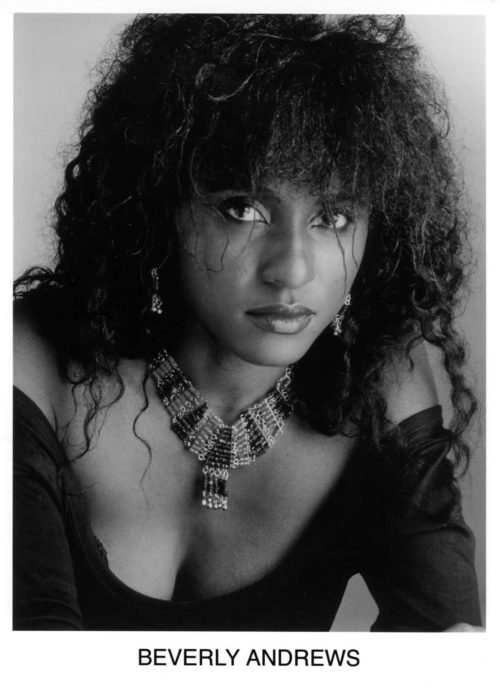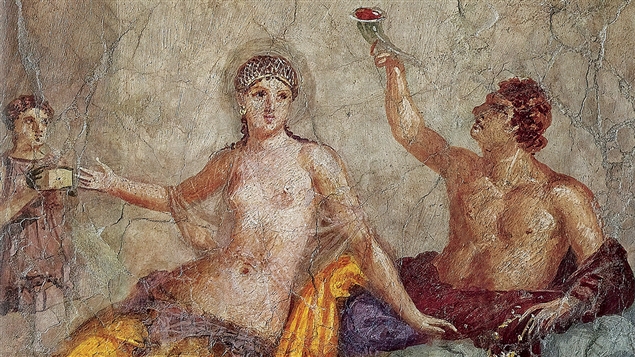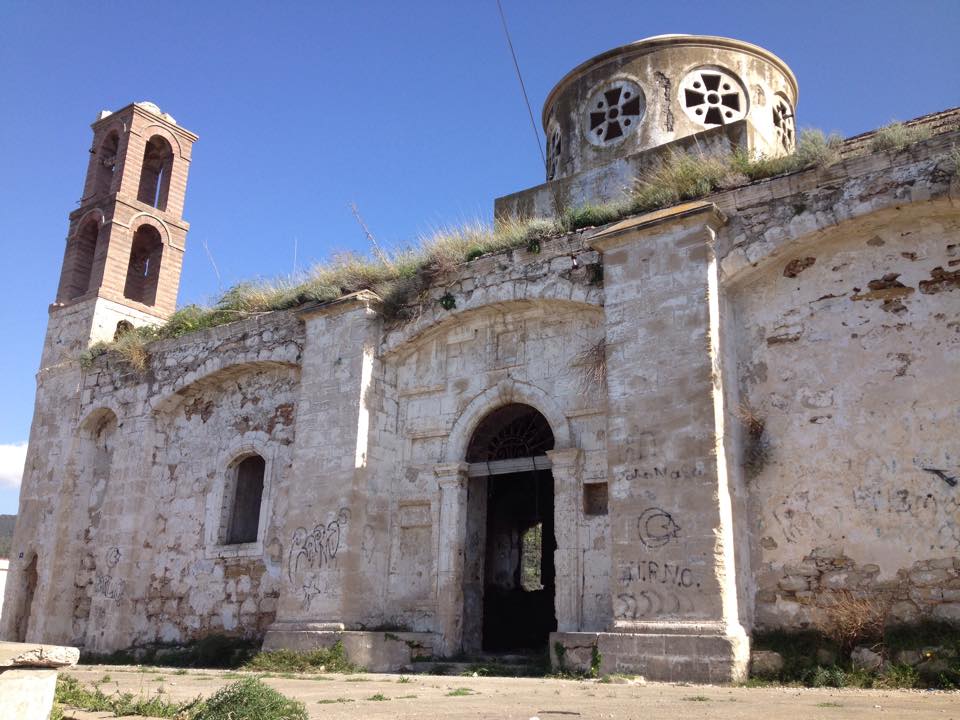By Beverly Andrews
Told From the Inside – Trilogy
With Syria's partial truce still holding and Russia's recent, surprise announcement of its intention to withdraw the majority of its troops from the country, it is perhaps an appropriate time to look back at a conflict which has lasted over five years and has had devastating consequences. Costing the lives of a quarter of a million people, while displacing millions more. It's somewhat ironic than that during one of the world's worse military conflict in recent memory there has been so little written from a Syrian perspective. London's Royal Court theatre have sought to remedy this and two years ago launched a playwright's development programme. The programme has been headed by the Royal Court's International Director Elyse Dodgson and its aim has been to bring the work of playwrights based in both Syria and neighbouring Lebanon to the international stage. Told From the Inside is a culmination of these activities with the premier of three of the plays, presented as work in progress. Told From the Inside tells three very different stories, from widely different perspectives but in many ways they tell the same one and it is how during a time of conflict we so often forget our common humanity.
1. GOATS
Goats by Liwaa Yazji is a comic/tragic look at the conflict from the perspective of a town who at least on the surface support the regime. But this support is surely tested as the remains of soldiers returned to the town start to mount, but no one is actually sure if the remains do actually belong to the soldiers the government claim they do. As one distraught parent demands to know the truth, the government spokes person frantically tries to maintain the status quo and announces that for every martyr who dies, their family will receive one goat. The number of goats given starts to dramatically increase and with it the fragile psychological state of the residents living there starts to collapse. All the while the government spokes person continues to paint a rosy picture of the conflict, its reality is though all too clearly shown as captured soldiers are forced to phone their parents and ask them what should they do with a captured insurgent, not realizing that the words they utter will seal the fate of their own sons.
Liwaa Yazji speaks about the plays development process. “A call went out to playwrights both in Syria, along with those of the Syrian community abroad as well as to neighbouring countries such as Jordan and Lebanon. And those who were selected took part in three workshops over the course of a year and a half.” Yazji went on to highlight how this process was so different to how she normally worked. “Normally I would work on my plays alone and do several drafts and then give them to friends to read. But this was the first time for me to have an opportunity to work with others and share my work and the feedback which was an invaluable. The whole experience was invaluable, particularly having British professional writers read our work and give really objective feedback.” Yazji went on to comment on the themes of Goats “I wanted to look at the surreality of war. I am often asked what the experience is like living in Syria now but I have to say there is no common experience. For some who live on the coast which has been largely unaffected by the conflict they carry on with their lives. For some living in the north they are living an ISIS experience. For those who are living in the middle they lives are engulfed by conflict and chaos. There is no common experience. I live in an area of Damascus which is somewhat surreal since everyone tries to for the most part ignore what is happening and carry on with their lives. It's very strange and very much like an Alice in Wonderland experience until something happens that reminds you the war is still there that's when you remember. We are living very much at a time where the social contract which has existed meaning I don't shoot you, you don't shoot me has been torn up. That contract has gone but whether or not it will come back is any one's guess.”
2. THE FINAL RETURN
The Final Return by Ghiath Mhithawi is a heart wrenching look at a final visit a soldier makes to his family. It's made perfectly clear to the audience that it will be his final visit since the play opens with opposition soldiers wondering what to do with his decomposing body. The piece exams what it means to be a hero. “The story is about a soldier who returns home for one night with the intention of telling his family that he can no longer fight for the government and plans to leave the country. But while there he realises that each member of his family have become even bigger idiots then he remembers. They have all found a relationship with the corruption there so they have a vested interest in him remaining in the army.I wanted to show how this society has been built up without any ability to reform, the only reform which is possible now is through a civil war.” When the soldier at the end of the play announces to his family that despite the knowledge that he knows he is being sent on a suicide mission, he has decided to return to his unit since he can so clearly see that it's in the best interest of his family for him to do so. “I wanted to exam what it means to be a hero and how often that can mean different things to each of us. I also wanted to look at how through the lies they tell each other within this family, they are slowly destroying themselves.”
One of the saddest moments of the play comes when Houssam's brother in law discusses his work, which is renting over priced apartments apartments in Damascus and furnishing it with furniture looted from the homes of Sunnis who have fled the fighting. He discusses an incident when a man who he was showing an apartment to becomes overcome with grief when he sees a second hand refrigerator in the kitchen, to the point of taking its shelving out and climbing inside. Houssam's brother-in-law is clearly disturbed by this and says “I later found out that the refrigerator had come from his own home. He lost a child in the fighting and his wife was taken away. I felt sorry for him so I said I would reduced the rent, well slightly to help.” The Final Return is a heartbreaking look at self sacrifice but not a sacrifice for the greater good but one made to ensure the greed Houssein's family have grown accustomed to will continue unabated.
3. GHALIA’S MILES
The third and final play in this trilogy is Ghalia's Miles written by Maya Zbib, the story of a young woman who risks a dangerous journey through the current conflict zones in the region. All on a quest to find freedom from the social constraints she sees all women in her village in Lebanon confirm to. “It's a coming of age story, about a teenage girl who wants to go to Europe because there she feels she'll find the freedom she has always sought. Zbib says “I think Ghalia Miles is about the situation of all women, not just those in the region. For me it's about what it means to be free today. Throughout Ghalia's journey she meets women from both mythology and history, who help her and in some cases warn her about the dangers she will face. The idea though as well was to look at borders because it has become harder and harder now to move across these national lines. I also wanted to explore what does it mean to be Lebanese or Syrian and does that change simply when you leave the country. And finally I wanted also to look at how hard it is to be yourself beyond the stricture of race or gender. I sometimes feel that we are going backward in how we feel about race and gender I think we like to think that we have made this big leap forward but the reality is perhaps very different.”
All three plays are moving, effective portraits of a country currently torn apart by conflict. They explore the effects of this collective trauma on a wealthy region. A trauma which each piece makes clear will take years to recover from. Of the three pieces Ghaia's Miles perhaps stands out, with it's moving portrait of a young woman who endures both physical and psychological abuse in her quest to simply find freedom. A freedom which may be idealized but one she nevertheless decides is worth risking her life for. And by the play's conclusion, when Ghaia finally reaches Europe's shores as a homeless refugee, you hope that somehow she will find what she has given up so much for.
Told From the Inside is an outstanding showcase of the work of some the region's most talented playwrights and a needed counter point to the hundreds of hours of news stories invariably told from a western perspective. It shows the pain of a country's collapse but strangely it also shows a glimmer of hope, most evident in Ghaia's Miles, a reminder that a younger generation is perhaps more resilient then we might think and will somehow find a way forward perhaps not just in Syria but throughout the region.
form-idea.com London - 09/05/2016
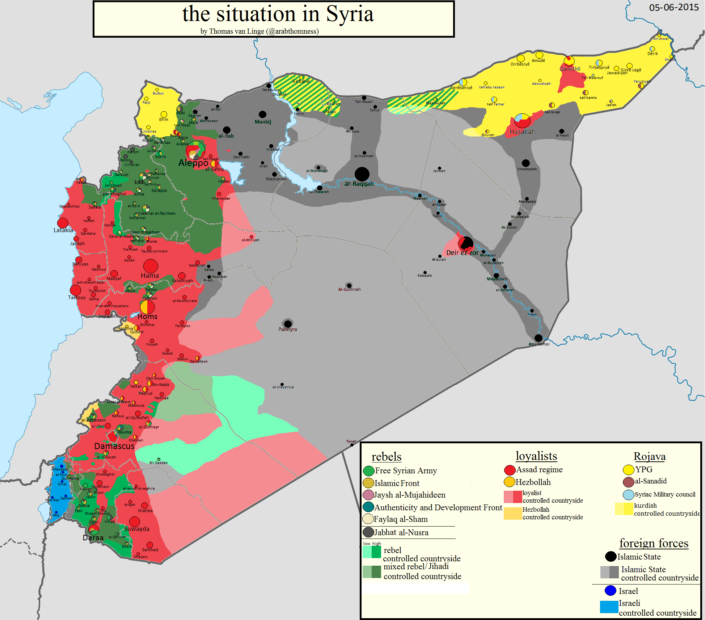
Beverly is an actress,playwright and documentary film director. Beverly's acting credits include work for several Radio Four dramas including Stranger in a Strange Land. She has also appeared in the BBC's hit comedy Little Miss Jocelyn. As a playwright her play Septimus Severus, Rome's African Emperor was a runner-up for the Alfred Fagan award and her play Annawon's Song was short-listed by the Sundance Theatre lab and runner up in 2015 for the Alfred Fagan award. She was co-director on the documentary “Working From a Different Script and she recently wrote and directed the documentary “I am Going to Make a Miracle.” The film was subsequently screened at the prestigious Dhaka International Film Festival in Bangladesh, Fountainhead's Black International film festival in Berlin Rome Independent International Film Festival – Rome, Columbia Gorge International Film Festival - Washington, Lefkas International Digital Festival- Lefkas, Great Lakes International Film Festival, Dada Saheb Phalke Film Festival and is a recipient of the Daka Saheb Phalke Jury prize for Special Mention documentary and the Bangalore Shorts Festival – Best editing Jury prize.
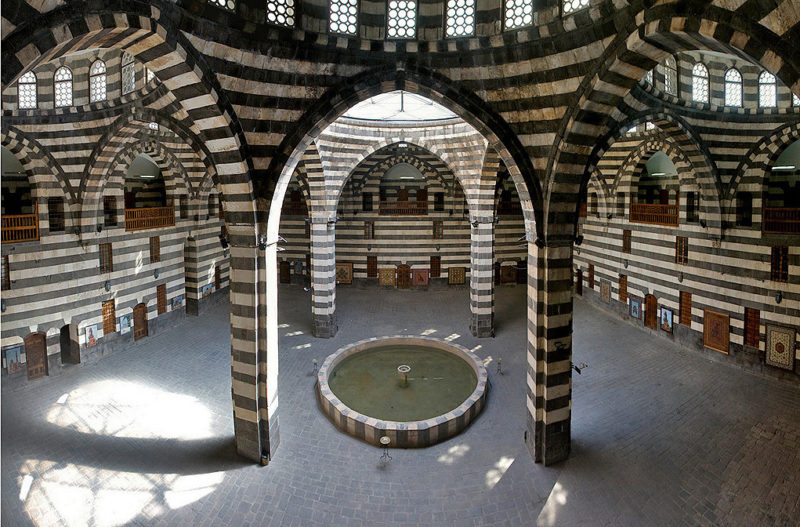
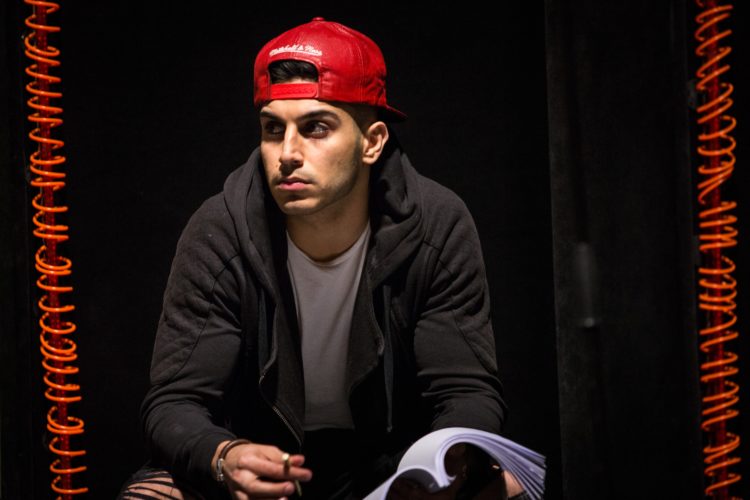
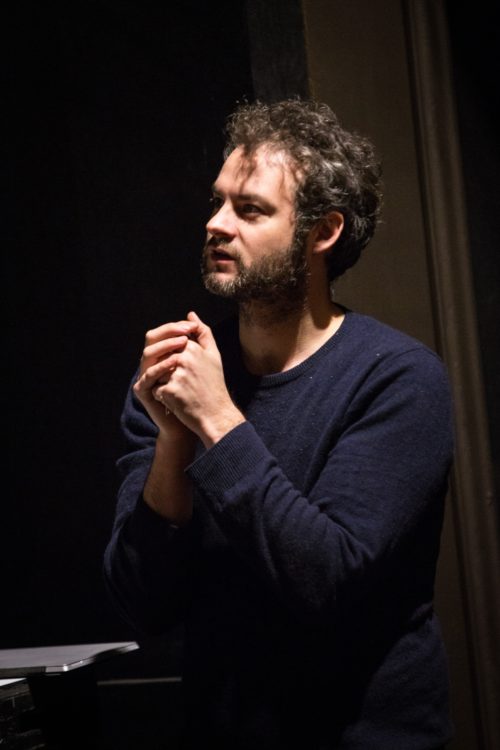
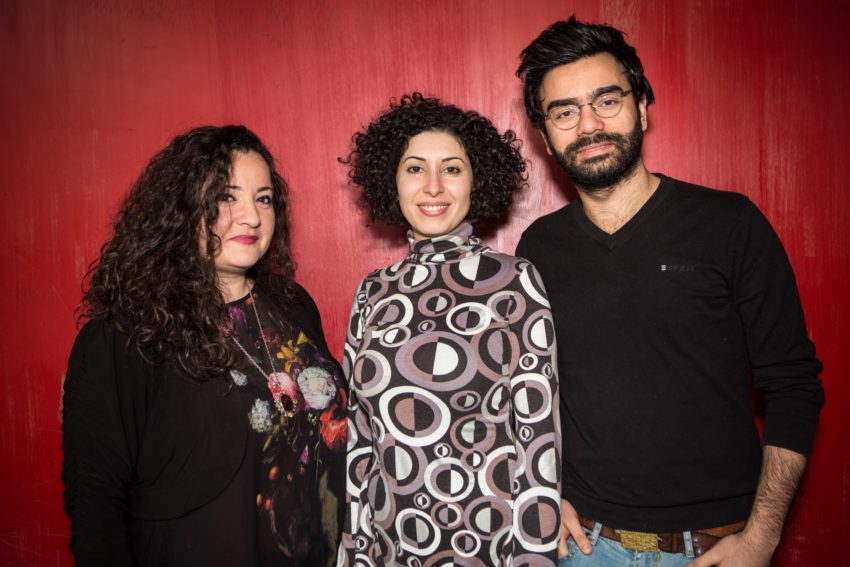
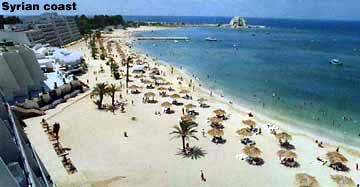
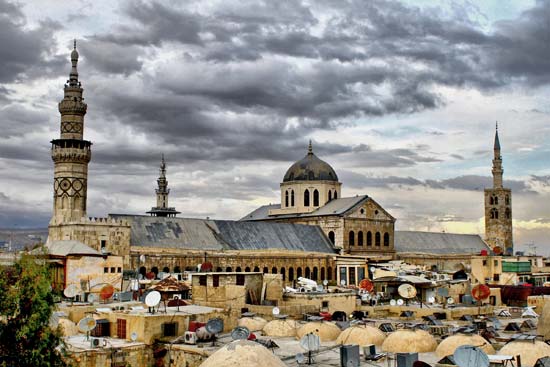
.jpg)

